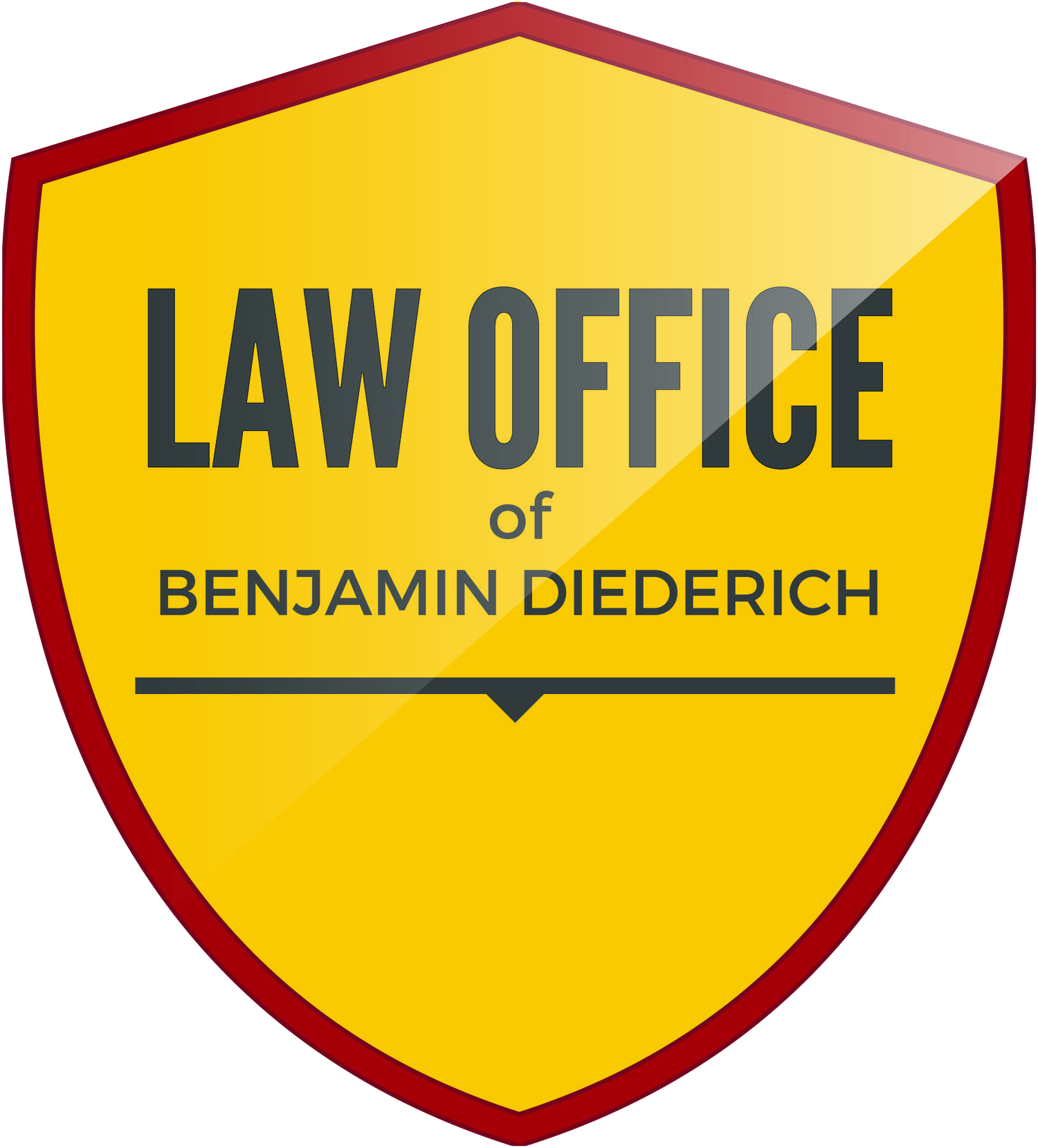A will is a document that is intended to be used by the court, through the probate process, to let them know how you want your assets to be distributed. If you have minor children, it will also name who you want the guardians of your children to be. Many people think that drafting a will can avoid probate but in reality, having only a will guarantees that your family will end up in probate.
A will becomes effective once you pass away. If you become incapacitated, your will doesn't go into effect. There can be times where family members aren't able to make decisions because you haven't passed, so you want to have powers of attorney in place for while you're incapacitated.
Will As A Part Of Estate Planning Documents
Everyone who does estate planning is going to have a will. If they don't need a trust, they will have a will to say what happens to their assets after they're gone. If you do create a trust, you're still going to have a will. In that case, it is a more simplified version of a will, called a pour-over will. The whole reason for the existence of that pour-over will is in case you don't fully fund your trust. If you pass away and something didn't get transferred over into the trust, and it's still in your name, you're instructing the court to put it into the trust and disperse it per the terms of the trust.
Limitations To A Will
The biggest limitation with a will is that it is going to guarantee that you end up in probate court if you just have the will on its own. There is also future planning that you can do for your children to leave your assets to them in a protected fashion, which you can’t do with a will. It needs to be by the way of a trust. Sometimes, a will can be enough. If your assets are limited and you don't have anything that would put you into probate court, a will is sufficient. However, you still need additional documents in your estate plan, such as advanced healthcare directives and financial powers of attorney.
For more information on Will & It’s Functions In California, an initial consultation is your next best step. Get the information and legal answers you are seeking by calling (951) 332-7079 today.
